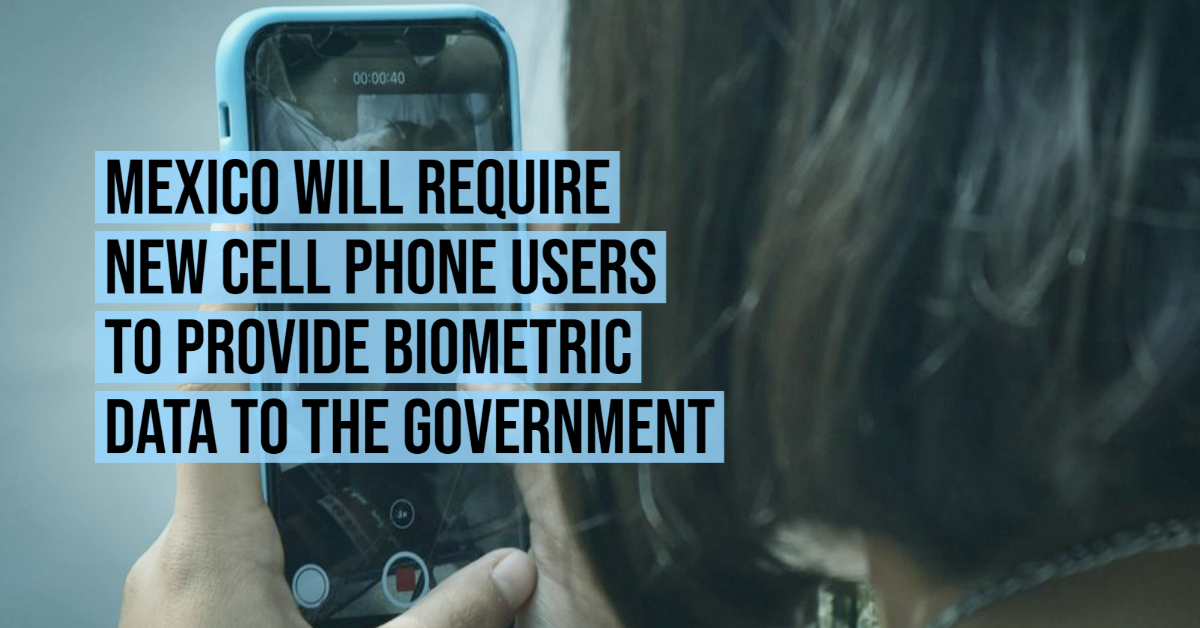The Mexican Senate approved a controversial bill that would create a nationwide registry of cell phone users, which will be mandatory for all cell phone users, and contain each person's biometric data.
Now the bill will be sent to the President of Mexico, Andrés Manuel López Obrador, for signature and publication. Then it will become law.
The main objective of the reform, according to the bill, is to stop the crimes of extortion and kidnappings that, in many cases, are committed from prisons, through cell phones that enter clandestinely to prisons.
Read Full Story





